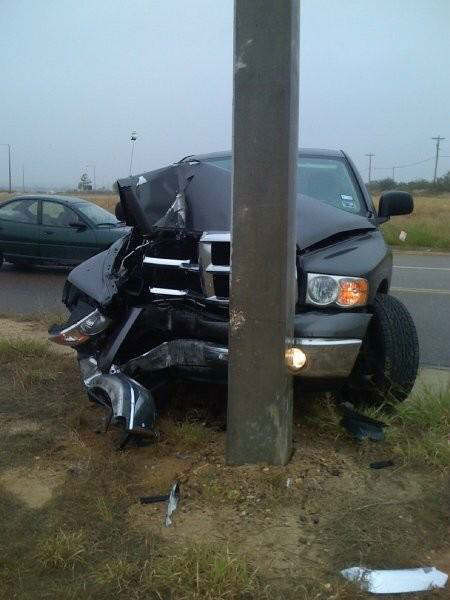Where are Ecuador’s bondholders? / in the toilet?
posted on
May 19, 2009 04:30PM

Crystallex International Corporation is a Canadian-based gold company with a successful record of developing and operating gold mines in Venezuela and elsewhere in South America

According to Ecuador’s finance minister — and there’s no reason not to believe her — there’s been “excellent” take-up of her offer to buy back Ecuador’s 2012 and 2030 bonds at somewhere in the neighborhood of 30 cents on the dollar. As Reuters’s Maria Eugenia Tello notes,
Most holders of defaulted debt have so far failed to create a united front against Ecuador to seek repayment via courts.
This is in contrast to what happened the last time the Ecuador defaulted, in September 1998. Back then, Ecuador made the announcement in the middle of the annual meetings of the IMF in Washington, and substantially all of Ecuador’s bondholders were in the same place at the same time. It didn’t take long for them to organize meetings and reject Ecuador’s offer to pay some bonds in full while in other cases using the bonds’ own built-in collateral to keep current.
Why do bondholders seem to have lost cohesion over the past decade? At the time, I thought that the experience of Ecuador’s 1998 default was going to be the event which catalyzed bondholders to come together as a much more unified bloc — and indeed the Emerging Market Creditors Association was formed as a direct result of the way that the Ecuador default was handled.
But EMCA fell apart, nothing really took its place, and a major global financial and economic crisis kinda took the wind out of bondholders’ sails. At this point, most of them have neither the energy nor the time horizon nor the levels of capital needed to rally and fight — Ecuador’s timing, you could say, is perfect in that regard.
What’s more, any holdout strategy is fraught with risk:
Many market watchers on Wall Street say Ecuador has a key advantage because Correa had already bought back most of the debt when the country started to threaten a default and dragged down market prices in late 2008. Ecuador has not confirmed or denied past buybacks.
The point here is that if and when Ecuador controls a supermajority of the bonds — which it certainly will by the time the exchange is over, if it doesn’t already — it can start modifying a lot of the covenants in them, making a court fight that much more difficult. Most hold-out or “vulture” creditors tend to dislike litigating bonds in any event, preferring loans instead, which tend to have stronger covenants.
So if there are any hold-outs, their best hope will be that they’re in a tiny minority, and Ecuador just does what it did last time, and pays them off in full because it’s easier and cheaper than fighting them in the courts. But the hold-outs would probably need to amount to less than 4% of the amount issued before Ecuador went down that route.
Will there be 96% takeup of this offer, including bonds Ecuador already owns? It’s possible, but I suspect that there will be enough too-high bids, in the 40-cent-and-over range, to stop that from happening. In which case Ecuador’s holdouts will find themselves in much the same position as Argentina’s. Which is to say, an unhappy position indeed.
Here they are, the Bond holders





